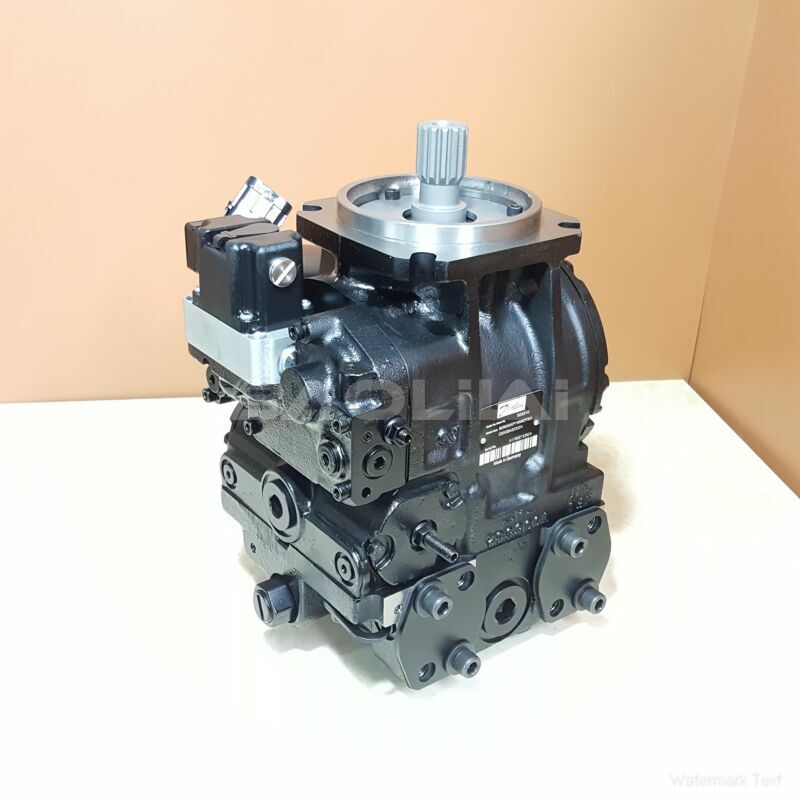90R100KA5AB60L3S1E03GBA353524 hydraulic pump
90R100KA5AB60L3S1E03GBA353524 hydraulic pump

- Product Details
- Applicable Scene
In the pharmaceutical industry, the need for precise and reliable fluid transfer systems is paramount. One of the critical components of these systems is hydraulic pumps. These devices play a vital role in the movement of various fluids without contamination, ensuring the integrity and quality of pharmaceutical products. Here, we discuss the significant benefits of hydraulic pumps in fluid transfer within pharmaceutical manufacturing.
90R100-KA-5-AB-60-L-3-S1-E-03-GBA-35-35-24
90R100KA5AB60L3S1E03GBA353524
First and foremost, hydraulic pumps are known for their ability to generate high pressure, which is essential for moving viscous fluids commonly found in pharmaceuticals, such as syrups, ointments, and gels. Their efficient design allows manufacturers to transfer these fluids quickly and effectively, reducing downtime and increasing productivity on the production line.

702885
Another essential benefit of hydraulic pumps is their capability to handle a wide range of fluids, including those that are corrosive or sensitive to shear. This adaptability is crucial in pharmaceutical manufacturing, where different products require specific handling methods. By using hydraulic pumps, manufacturers can safely transfer various formulations without risking degradation or contamination.
Furthermore, hydraulic pumps offer superior precision in fluid transfer. In the pharmaceutical industry, accuracy is critical to ensure dosage consistency and compliance with regulatory standards. Hydraulic pumps can be finely calibrated, allowing for controlled flow rates and minimizing errors in the manufacturing process. This precision not only enhances product quality but also reduces waste, contributing to cost savings.
The dose control capabilities of hydraulic pumps also align seamlessly with the industry’s strict regulatory requirements. Many hydraulic pump systems can integrate with advanced monitoring technologies that track fluid levels, pressures, and flow rates in real-time. This data provides manufacturers with valuable insights into their processes, ensuring compliance and quality control at every stage of production.





